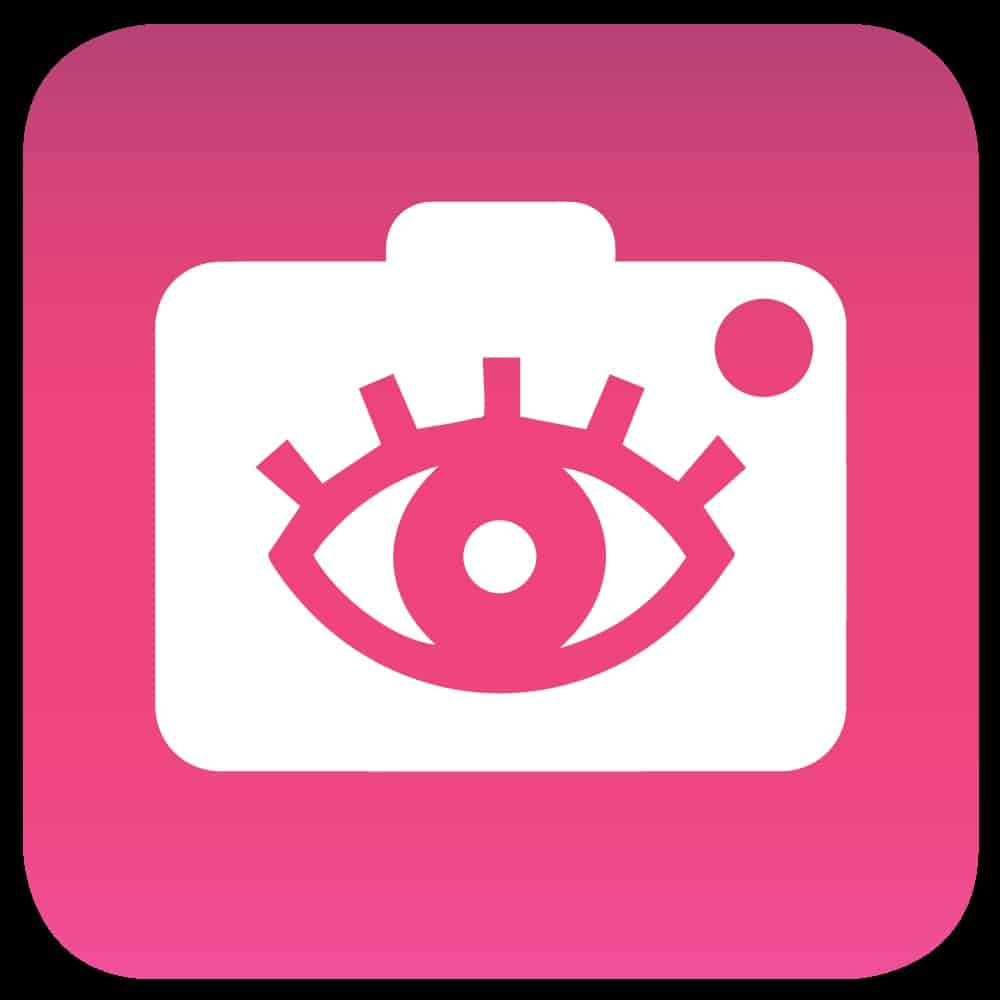The Quiet Signs of Early Menopause in Your 30s (That Most Doctors Miss)

The Quiet Signs of Early Menopause in Your 30s (That Most Doctors Miss)
Think you’re too young for menopause? Think again. From brain fog to weight gain, these subtle symptoms in your 30s might be early signs of hormonal decline. Here’s how to know — and what to do.
🕰️ “Too Young” for Menopause? Not Anymore
You’re in your 30s. You’re tired. Your periods are acting strange.
You’ve been told it’s stress, overwork, or maybe burnout.
But what if it’s not just that?
What if your body is whispering: early menopause?
Perimenopause — the transition to menopause — can begin years before your period officially stops. And in 2025, more women are entering this phase in their early 30s, often without knowing it.
⚠️ The Quiet Symptoms Most Women Ignore
Here’s what early perimenopause really looks like — beyond hot flashes.
- Sudden Fatigue
- You’re sleeping but still exhausted.
- You crash mid-afternoon or need multiple coffees to function.
- Brain Fog & Forgetfulness
- Names, appointments, even why you walked into a room — all blurry.
- You feel scattered, not sharp.
- Shorter or Irregular Cycles
- Periods that come closer together, skip months, or feel “off.”
- PMS becomes unpredictable or more intense.
- Mood Changes
- Anxiety spikes. Irritability. Sudden tears.
- You don’t feel like yourself — and you can’t explain why.
- Weight Gain (Especially Around the Middle)
- Despite no changes in diet or exercise, your body shifts.
- Estrogen decline triggers cortisol spikes — leading to belly fat.
- Low Libido or Vaginal Dryness
- Less interest in sex or discomfort during intimacy
- Often dismissed as “relationship stuff” — but it’s hormonal.
- Sleep Disruption
- You fall asleep fine but wake up at 3 a.m.
- Or you toss and turn with restless thoughts or hot flashes.
If you’re experiencing 3 or more of these — it’s time to look at your hormones.
🧬 What’s Happening in Your Body?
Perimenopause in your 30s can be triggered by:
- Genetics (family history of early menopause)
- PCOS or autoimmune conditions
- Eating disorders or stress-related hypothalamic issues
- Environmental hormone disruptors (plastics, chemicals, etc.)
- Post-surgical changes (e.g., hysterectomy, ovary removal)
- Lifestyle burnout: high cortisol, undernourishment, poor sleep
Hormones involved:
- Estrogen: fluctuates wildly, causing irregular periods & mood swings
- Progesterone: declines, leading to poor sleep, anxiety & PMS
- Testosterone: dips, affecting libido and energy
📉 Why Doctors Miss It
Many healthcare providers dismiss symptoms in young women because:
- They assume menopause happens after 45
- They blame fatigue or brain fog on lifestyle
- They don’t run complete hormone panels
- They rely on the presence of regular periods (which can still happen in early perimenopause)
One normal cycle doesn’t mean your hormones are balanced.
🧪 How to Get Tested (and What to Ask For)
If you suspect early menopause or perimenopause, ask for:
- Day 3 Hormone Testing (FSH, LH, Estradiol)
- Progesterone (Day 21 or 7 days before period)
- AMH (Anti-Müllerian Hormone) — to assess ovarian reserve
- Thyroid Panel (TSH, T3, T4) — often mimics menopause symptoms
- Cortisol + DHEA — chronic stress impacts hormones fast
💡 Pro tip: Track your symptoms with a cycle journal or app to bring evidence to your doctor.
🔄 What You Can Do Right Now
Whether you’re diagnosed or just starting to suspect changes — early support = better outcomes.
🥦 1. Balance Blood Sugar
Estrogen protects insulin sensitivity. When it drops, blood sugar spikes = fatigue, mood swings, weight gain.
- Eat protein & fat with every meal
- Ditch the sugar rollercoaster
- Try magnesium & inositol to support metabolism
🧘🏽♀️ 2. Lower Cortisol
High stress hormones = low sex hormones.
Prioritize daily nervous system regulation: breathwork, walking, journaling
- Sleep in complete darkness
- Say no to hustle — your hormones need rest
💊 3. Consider Supplements
Talk to your practitioner about:
- B-complex vitamins (especially B6, B12, folate)
- Magnesium glycinate
- Omega-3s
- Chasteberry (Vitex) for cycle regularity
- Ashwagandha for cortisol support
Avoid self-prescribing HRT — you need professional guidance for balance.
💬 4. Find a Perimenopause-Literate Provider
Work with a practitioner who:
- Believes your symptoms
- Knows how to interpret hormone labs
- Offers lifestyle, supplement, or HRT options — not just dismissal
You can find Crown Verified menopause experts in our Directory
👩🏽⚕️ Sistapedia Menopause Tools
- 🧪 Hormone Panel Checklist (downloadable)
- 👩🏽💻 Book a verified hormone specialist
- 💬 Join the early menopause forum
- 🛍️ Explore partner brands for sleep, libido, and hormone support
✨ Final Thoughts: You’re Not Too Young — You’re Just Ahead of the Curve
Early menopause doesn’t mean you’re broken. It means your body is asking you to listen sooner.
The sooner you support your hormones, the stronger and more vibrant you’ll feel — now and into your 40s, 50s, and beyond.
This is not the end of vitality. It’s the beginning of a powerful new phase — one you get to shape on your terms.








